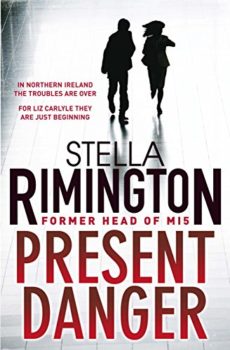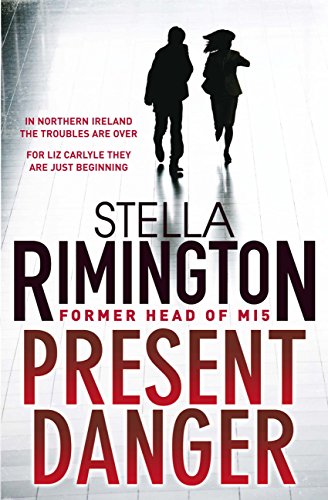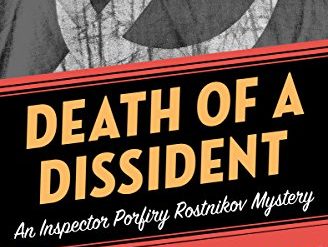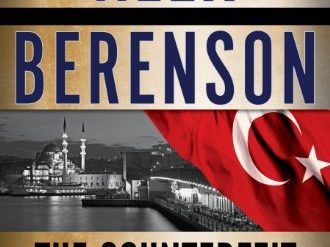
John le Carré. Eric Ambler. Graham Greene. Ian Fleming. Len Deighton. Frederick Forsyth. Somerset Maugham. Charles Cumming. Ken Follett. Alex Gerlis. Philip Kerr. Is that enough names to make the case that the best spy novels come from Britain? (Okay, maybe just in the English language.)
Not that America hasn’t also contributed a fair number of top-flight espionage novelists. Joseph Kanon, Alan Furst, Alex Berenson, Martin Cruz Smith, David Ignatius, Robert Ludlum, Olen Steinhauer, and Tom Clancy all come to mind. But the sheer abundance of compelling British espionage novels presents a high bar. Perhaps the fact that the British live on small islands so vulnerable to the world around them helps to explain their evident preoccupation with danger from the outside world.
Some of the best spy novels come from those who know
Although most of the best-known British spy novelists did their best work from the 1930s to the 1980s, some are currently writing at the top of their game. Charles Cumming, Alex Gerlis, and Philip Kerr, for example. But isn’t it curious that all the names I’ve mentioned so far, both British and American, are men? Search online for “women spy novelists,” and you’ll turn up a number of names, of course. Some are well known, but not for their espionage fiction. Most of the others rarely if ever make the bestseller lists.
Present Danger (Liz Carlyle #5) by Stella Rimington ★★★★☆
An exception to the rule
Stella Rimington is an exception. That’s Dame Stella Rimington, if you please. Rimington was the first female Director General of Britain’s Security Service, MI5. It’s sometimes thought of as the equivalent of the FBI, but its remit (to use the British term for mission) is domestic intelligence, not criminal investigation. Rimington served as DG for five years in the 1990s. Since 2004, she has published what are now nine novels to date featuring MI5 spycatcher Liz Carlyle. To my mind, Rimington’s work stacks up with that of other top spy novelists writing today.
Present Danger is the fifth novel in the Liz Carlyle series. The title slyly refers to the threat posed by breakaway factions from the IRA intent on sabotaging the Ulster peace deal. (The agreement was confirmed in 1998 by referenda in Northern Ireland and the Republic of Ireland; the book is set several years later.)
MI5 has posted Liz to Belfast for what she assumes will be an uneventful time away from her work in counterterrorism and counterespionage in England. However, shortly after she arrives a police officer she’d worked with in the past is attacked outside his home by a gunman. One of several breakaway Republican groups is suspected.
Suspicion confirmed
That suspicion is confirmed when an anonymous tipster contacts Dave Armstrong, one of the officers working for Liz. An American expatriate running one of those factions has sworn to kill a police officer and an official with MI5 in hopes of undermining the peace deal. Then Dave disappears, apparently kidnapped. Liz spearheads the investigation to rescue Dave and take down the American. The case takes her to Paris and the South of France, where she teams up with a French intelligence officer.
Rimington writes with a sure hand. Her prose is unadorned but unfailingly logical and easy to read. The novel steadily gains momentum, creating suspense all along the way. Present Danger is convincing and enjoyable. Individually, Present Danger doesn’t rank among the best spy novels of the last half-century. Collectively, however, the Liz Carlyle series deserves serious consideration.
For related reading
This book is featured on my post, Dame Stella Rimington’s Liz Carlyle series of top-notch espionage novels.
You might also enjoy my posts:
- The 15 best espionage novels
- Good nonfiction books about espionage
- The best spy novelists writing today
- Top 10 mystery and thriller series
And you can always find my most popular reviews, and the most recent ones, on the Home Page.



























